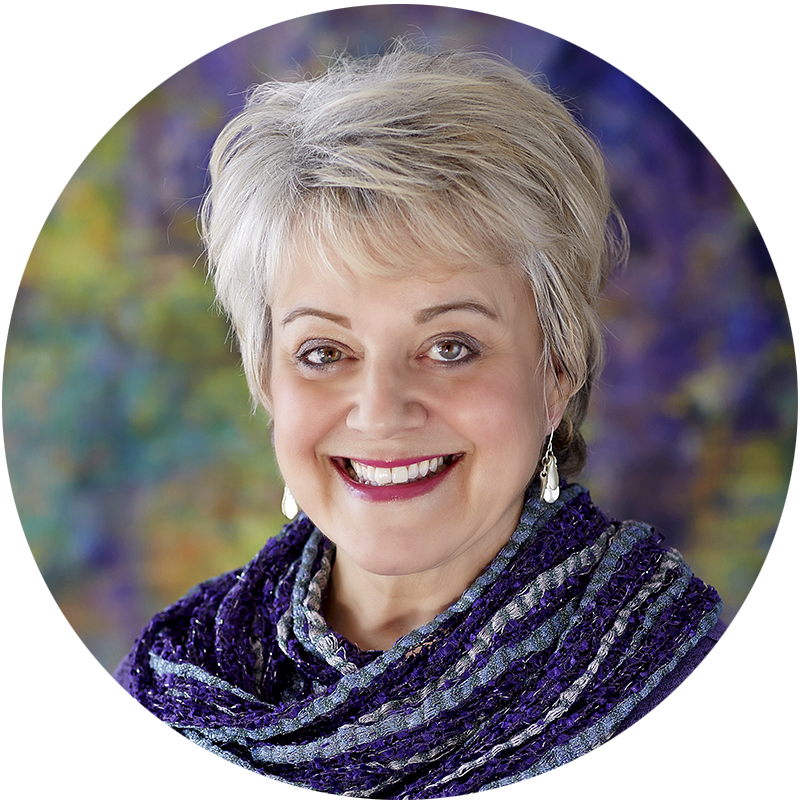A friend called last week and expressed frustration about a key career decision she has been weighing for months. The question was this: Should she invest the time and money it takes to formally study to become an ordained minister, or not?
Obviously, there were pros and cons to the question, and as we continued talking, it came down to settling three key questions that she had to answer in order to know which path to take:
- The purpose of becoming ordained – what’s more important to her? Is it simply to be able to legally perform weddings and other ceremonies? Or is it the actual process and content of learning how to minister to people that matters most? Getting clear about her purpose would provide an important insight into the decision and help simplify her choice.
- The value of being ordained – how will it affect her financially in the long term to be able to say she is an ordained minister and where she received her training? Anyone can become ordained today – you can be purchase a Universal Life Minister title for the day, or be ordained by an online ministry for a flat fee. But not everyone can be admitted and earn a degree from a formal divinity school. And if the economic value of that degree over her lifetime is more valuable than simply possessing the desired title, then her decision becomes easier.
- The difference in self-perception from each of the two choices. Which choice makes her feel the best? Which one gives her confidence? Which one elevates her perception of herself as a thinking, caring person capable of ministering to others? Which one makes her feel prouder of herself?
After thoroughly discussing her responses to these questions, she was able to make her decision: going to school would be an investment of time, energy and money, but it was truly her heart’s desire that she had dreamed of for a very long time. Before we hung up, she said she felt “lighter” than she had in a long time, and she was eager to begin her divinity school studies.
In retrospect, all I did was listen, and then ask the questions to which she gave the answers, in order to discover the direction she wanted to go. We can all relate: there are times when we have felt confused and uncertain. But here’s the thing: I believe that our intuition knows what we truly want to do. Every single time. We could solve our dilemma more quickly if we trusted our intuition and then acted on it. A favorite quote sums it up well: “When you have to make a hard decision, flip a coin. Why? Because when that coin is in the air, you suddenly know what you’re hoping for.”




